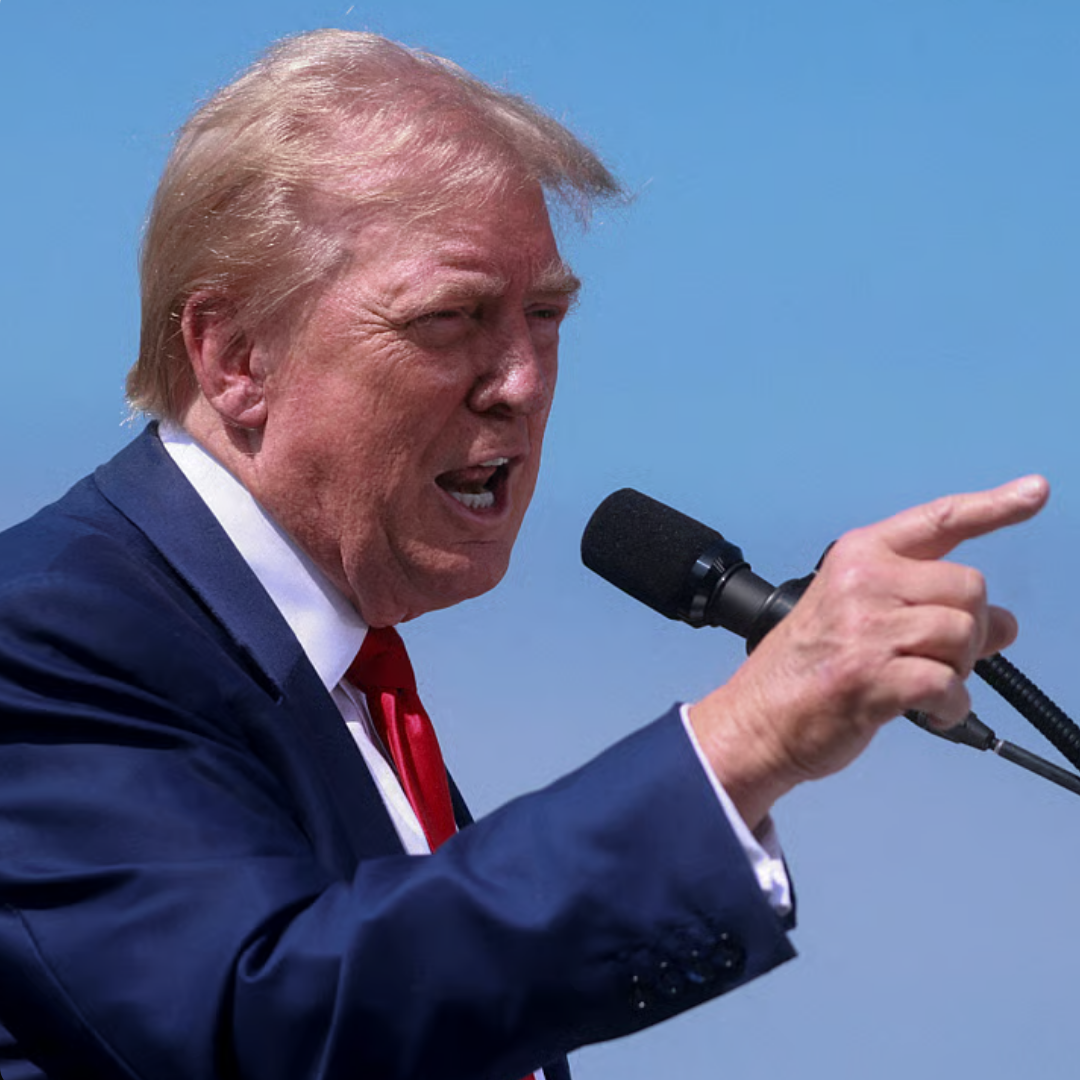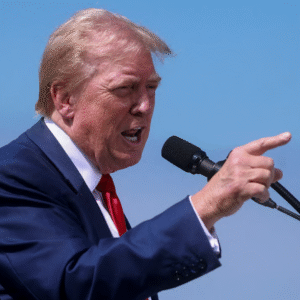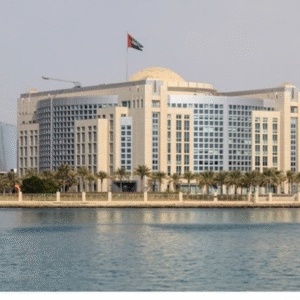In a move stirring global debate, former U.S. President Donald Trump has announced a new travel ban targeting 12 countries, citing national security and immigration enforcement concerns. The proclamation, signed on June 5, 2025, imposes a full ban on citizens from countries including Afghanistan, Iran, Haiti, Somalia, and Yemen. The policy is set to take effect on June 9, 2025.
According to Trump, the decision aims to protect the United States from “potential threats” and to “tighten borders against visa overstays and immigration loopholes.” The administration claims that individuals from the targeted nations pose a heightened risk due to either weak government control, terrorism threats, or inadequate screening processes. In addition to the 12 fully banned countries, partial travel restrictions have also been placed on seven more nations, although details about these restrictions remain limited.
The ban has quickly drawn sharp criticism from civil rights groups, immigration advocates, and international bodies. Organizations like the American Civil Liberties Union (ACLU) and Human Rights Watch have condemned the move, labeling it discriminatory and inhumane. Critics argue that such policies isolate vulnerable populations, especially refugees fleeing violence and instability.
This is not the first time Trump has implemented a travel ban. During his first term, he introduced a similar policy targeting predominantly Muslim countries, which sparked nationwide protests and multiple legal challenges before the Supreme Court eventually upheld a revised version of it in 2018.
Opponents now worry that this new ban will again disproportionately impact Muslim-majority nations and worsen diplomatic relations. Meanwhile, some conservative lawmakers and supporters have praised the decision, asserting that strong border policies are essential for national security.
As the ban’s implementation date approaches, legal experts anticipate a series of court battles that could delay or possibly block the policy. With the 2024 election still fresh in memory, Trump’s travel ban signals a renewed emphasis on hardline immigration policies that defined much of his previous administration—and now appear to be resurfacing as a cornerstone of his political agenda.









